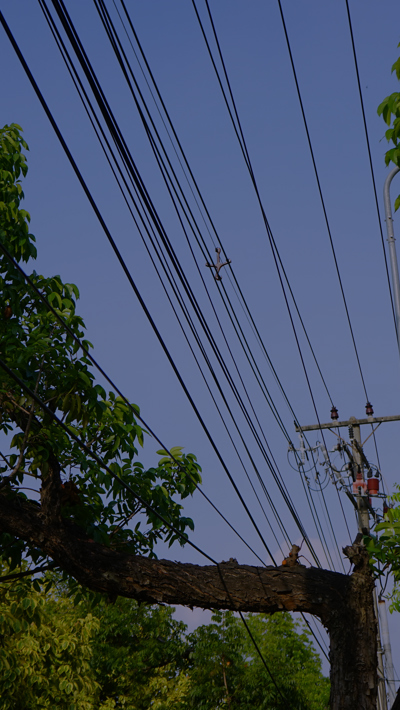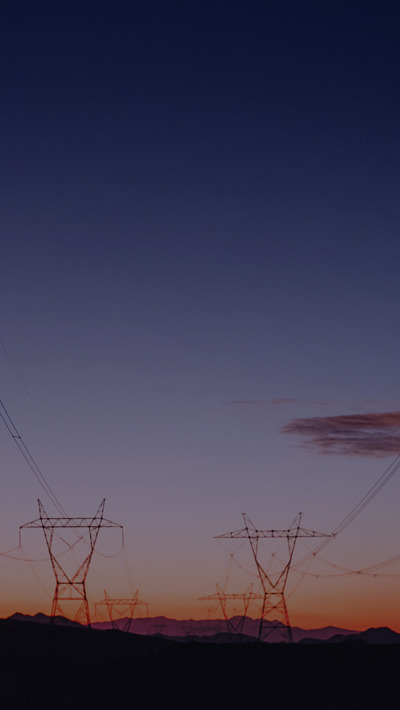Contents
The Crown Minerals (Decommissioning and Other Matters) Amendment Bill has passed with most of its most objectionable features still in place.
No changes have been made to the cumbersome perpetual liability regime, despite many submissions raising serious issues with it and, despite the Select Committee’s recommendation otherwise, the directors of a permit or licence holder can still be held criminally liable even after that permit or licence is transferred.
National has said it will repeal the legislation, describing it as “ludicrous overkill”.
The majority of the Bill’s provisions will come into force on the day after it receives Royal Assent, with the rest two years later or on the dates set by Order in Council.
All infrastructure owners should be aware of this onerous piece of legislation because, although it is now limited to the oil and gas sector, it will likely form a precedent for decommissioning assets in other sectors.
Changes to the Bill
The changes to the original draft of the Bill are confined to the detail of how the new system will work. They:
- clarify that the definition of “petroleum infrastructure” is limited to infrastructure put in place for the purposes of petroleum exploration and production and excludes anything after the point that petroleum enters any third party transmission or distribution infrastructure
- specify an order of priority in which the Crown would enforce the perpetual liability of former permit holders (i.e. the current permit holder would be liable first, then if they were unable to fund decommissioning, the Crown would investigate former permit holders in the order that they transferred out of the permit or licence)
- specify that decommissioning will need to take place within a defined timeframe, agreed with the Minister and based on when production is expected to cease
- allow the Minister to agree or specify key milestones that must be met during the timeframe for decommissioning
- create a requirement on permit and licence holders to submit a decommissioning plan, cost estimate and completion report
- insert criteria that the Minister must consider when deciding whether to undertake a financial capability assessment
- require an incoming participant to a permit or licence to establish or join a financial security before the transfer is approved by the Minister
- raise the value of the maximum pecuniary penalty for a body corporate from $10m to the greater of $10m or either three times the commercial gain or 10% of the turnover of the body corporate and all its inter-connected bodies
- include the monitoring of decommissioned petroleum infrastructure and wells in the definition of “post-decommissioning work”
- give the permit or licence holder the option of obtaining financial security for post-decommissioning work (if certain criteria are met) instead of having to make payments, and
- specify that only current permit and licence holders are liable to make payments or take out a security to cover post-decommissioning costs.
Select Committee recommendation rejected by House
Parliament rejected the Select Committee’s recommendation that only directors of current permit or licence holders can be held criminally liable for breaching the decommissioning obligations.
As a result, should a holder transfer its permit or licence, its directors can still be held criminally liable in perpetuity. The Select Committee’s proposed change would have been welcomed in boardrooms across the oil and gas sector (see also our earlier commentary on the Bill).
Where to from here
As expected, the Bill has been rushed into law without due consideration for the potentially wide reaching and chilling consequences it may create.
It has introduced into the New Zealand statute books extreme legal concepts not before seen in this country, and which may be extended beyond the oil and gas sector to other sectors over time.

























